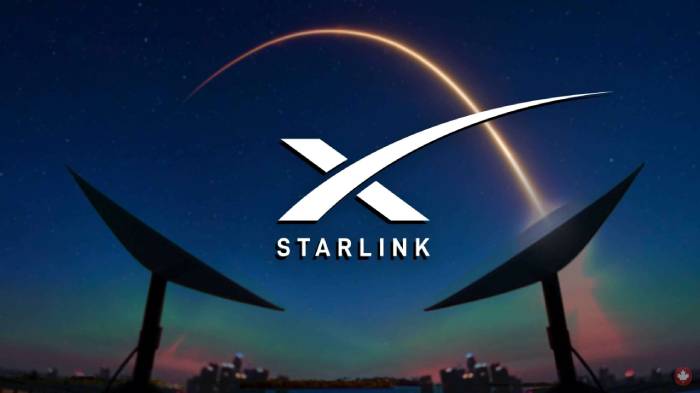The U.S. Federal Communications Commission approved Elon Musk’s SpaceX’s plan to expand its broadband services to commercial aircraft, ships, and trucks on Thursday by allowing the business to utilise its Starlink satellite internet network with moving vehicles.
Starlink has long sought to expand its customer base from individual broadband users in remote, internet-poor locations to enterprise customers in the potentially lucrative automotive, shipping, and airline sectors. Starlink is a rapidly expanding constellation of internet-beaming satellites in orbit.
In its authorization, which was published on Thursday, the FCC echoed statements made in SpaceX’s request for the approval from early last year. “Authorizing a new class of terminals for SpaceX’s satellite system will expand the range of broadband capabilities to meet the growing user demands that now require connectivity while on the move,” the FCC said.
Since 2019, SpaceX has deployed 2,700 Starlink satellites in a steady stream, adding hundreds of thousands of users, many of whom pay $110 a month for broadband internet using $599 self-install terminal kits.
The space business based in Hawthorne, California, has put a lot of effort into recruiting airlines near Starlink for in-flight WiFi, and it recently signed its first deals with Hawaiian Airlines and the semi-private jet operator JSX.
At an aviation conference earlier this month, Jonathan Hofeller, the head of commercial sales at Starlink, declared, “We’re obsessive about the passenger experience,”
On Gulfstream jets and American military aircraft, SpaceX has been testing Starlink terminals designed specifically for aircrafts under an earlier experimental FCC licence.
According to Musk, the founder and CEO of SpaceX, the types of vehicles Starlink was anticipated to be utilised with in accordance with Thursday’s authorization were aircraft, ships, big trucks, and recreational vehicles (RVs). According to Musk, who is also the CEO of the electric vehicle manufacturer Tesla Inc., “connecting Tesla cars to Starlink, as our terminal is much too big.”
SpaceX, satellite operator OneWeb, and Jeff Bezos’s Kuiper project, a division of e-commerce behemoth Amazon.com that plans to launch the first prototype satellites of its own broadband network later this year, compete fiercely in the low-Earth orbiting satellite internet market.
- Top 5 Health Insurance Stocks to Add to Your Portfolio - July 26, 2024
- 7 Reasons Edamame is Great for Your Health - July 26, 2024
- 2024 Paris Olympics: How Many US Athletes Are Competing? - July 26, 2024





